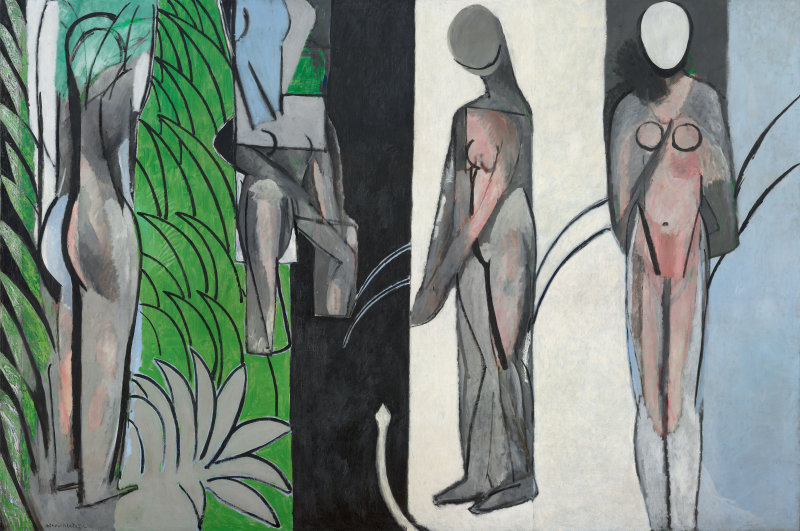Why I avoided art school
I woke up at 1:15 a couple nights ago and couldn’t get back to sleep until around 2:30, which has been my sleep pattern for years, but while I tossed and turned, my thoughts came together on Matisse, whose work and life I’ve been studying intermittently for half a year now. It occurred to me that he knew exactly what he was doing when he wrote the famous line in 1908, a year after Picasso’s outrageous Demoiselles D’Avignon was painted, and this short passage of prose probably relegated Matisse to a back seat, in comparison to Picasso, with critics and historians ever since. (Do a search for the many biographies of Picasso and then try Matisse. Incredibly, as far as I can tell, only one biography has been written of Matisse, and it was published only a decade ago.) I came across his personal declaration of independence again yesterday reading Matisse on Art:
What I dream of is an art of balance, of purity and serenity, devoid of troubling or depressing subject matter, an art that could be for every mental worker, for the businessman as well as the man of letters, for example, a soothing, calming influence on the mind, something like a good armchair that provides relaxation from fatigue.
Imagine the derision this remark must have inspired from all quarters, and still probably does even now in the Age of Koons, especially over his “devoid of troubling or depressing subject matter.” From the point of view of those who saw art as a continuous shocking overthrow of prevailing artistic norms—modernism’s hollow legacy—this sentence sounds like blasphemy and backsliding, or worse. I think, in reality, it was a way of taking a stance against history, in a way. Matisse knew the risk he was taking, that he was setting himself at odds with the elements and theories he expected to be most celebrated in painting as it emerged in the 20th century. He asserts that he’s painting for the middle class, the businessman, the ordinary art lover, the loathed bourgeoisie—all of the people modernism was trying to outrage and unsettle and disturb. Instead, like Van Gogh, MORE
